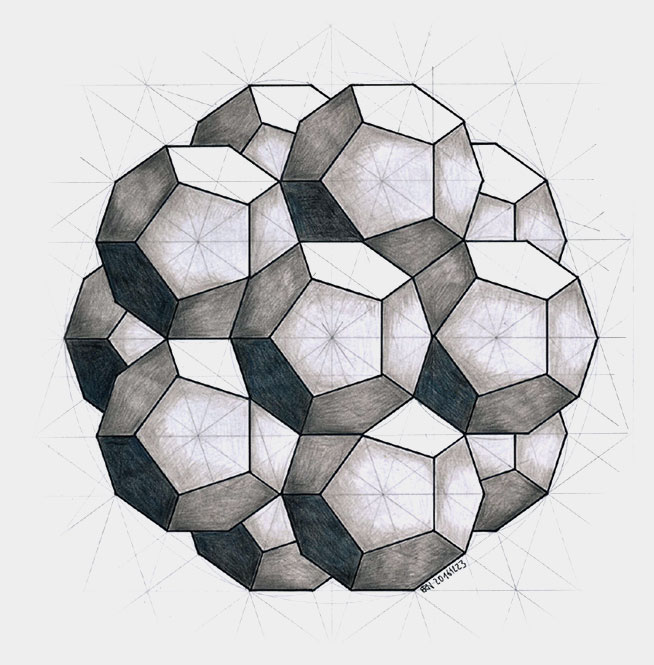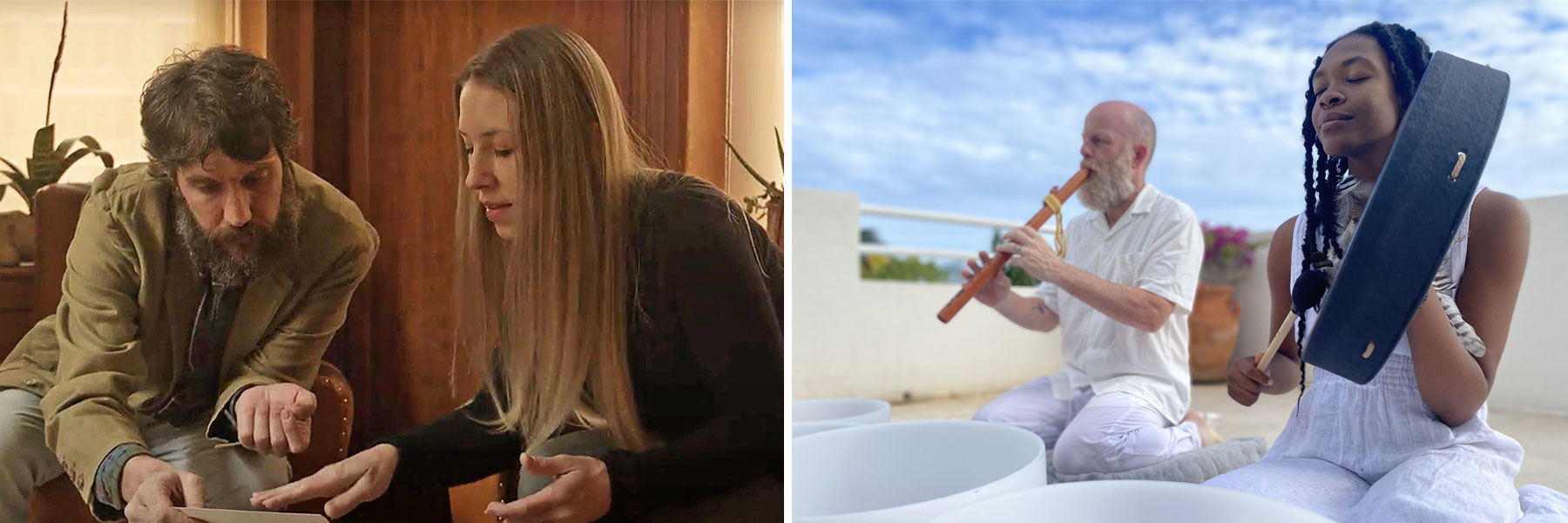
Our Methods
Set and Setting
Extensive research on therapeutic change supports this point. Only 15% of the factors that facilitate change have to do with specific treatment interventions.
On the other hand, a hefty 40% has to do with the unique social and psychological strengths and impediments of the person who comes for help, while a whopping 45% of change is facilitated by a combination of the person’s faith in the care provided and the qualities therapists bring to their work: a focus on collaboration rather than intervention, emotional warmth and a commitment to shifting what they do in response to what is happening at the moment with their client.
Remarkably, this same lesson from the research on change also comes from our forebears in the psychedelic community and in the psychotherapeutic professions– a lesson lost at times in the current marketing of psychedelics as pharmaceutical cures.

Holding Space
It’s no coincidence that good psychotherapists talk about a “holding environment” provided by the therapist, while psychedelic practitioners use the term “holding the space” for what they do. They are talking about the same thing: both are describing the feeling of being “held” in the mind and in the responses of a compassionate other without judgment.
How do you hold something that isn’t made of anything? And, yet, you know the experience of holding space, because you’ve offered it to others and you’ve been held in this way–this feeling of being contained in a comforting and championing way with no arms physically around you, the experience of having someone “on your side,” collaborating with you and considering you in a deeply loving way.
There are a lot of psychedelic caregivers who call themselves “space holders” who have little training in what this means. We are different. With over a century of collective experiences as practitioners and leaders in psychedelic and psychotherapeutic care, we combine our significant wisdom from both fields to the nuanced art of holding space. The Cardea Method focuses on being “radically hospitable,” a stance in which we accept the honor of hosting you by listening closely and adjusting what we do in order to provide the right balance between comfort and safety in the often uncomfortable movement toward growth.
In this way holding space is a little like massage. If we seek only comfort, nothing changes; but if we apply too much pressure, change is blocked by pain. To hold space is to constantly find the middle area between comfort and pressure, and to be ever alert through deep listening, to make adjustments in order to get back to that “just right” middle. In this way holding space is a dialogue that requires a deep sense of attunement to enable the risky, uncertain act of human growth.

How Well-Held Space Enables Change
What is the result of a well-held space? Or, to put it another way, what happens when the 45% of the setting is “just right?” Well, a lot of things. Two results, however, are most important to us.
Freedom in Structure. “Be regular and orderly in your life, so that you may be…original in your work,” wrote the great French novelist Gustave Flaubert. Or, as jazz musician Branford Marsalis put it, “You don’t play what you feel. There’s only freedom in structure.” Both are 100 percent correct about the relationship between a sturdy “setting” and your own willingness or ability to change. Whether your goal is to feel more awake and alive, or to build a way to deal with your suffering, the changes you might be wanting from psychedelic care come about when you feel secure enough to resist habitual behaviors and face life and yourself with greater novelty.
“Witnessed in your being.” When held right, you experience yourself as a profoundly unique individual. At Cardea we believe in what we call “sacred originality.” This is the idea that each individual holds within themself a fascinating inner world that is very much worth our curiosity and even awe, and that the more a person can find ways to appreciate that, the more they become open to other people and other living things. We love the Zulu greeting Sawubona, meaning “I see you.” What a glorious way to say “hello.” In good holding there is always this element: “I am deeply recognized by another.”
We think of this combination of just the right structure and just the right kind of witnessing as “tending the fertile ground for growth,” and we believe (and again the research on change supports this), that when we tend this ground well, we offer you the right space to access two related human attributes that are the foundation for change and growth. The first is play, the second, contemplation.


